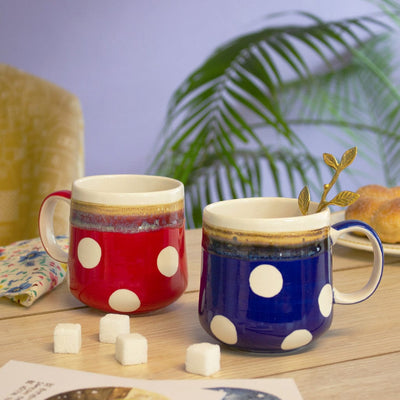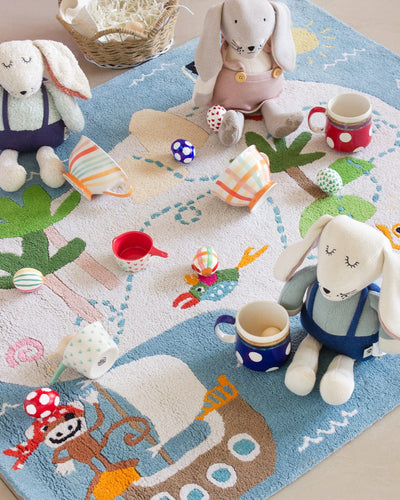Dust yourself off and keep going : The Delights of Distraction No.91
Table of contents
This week we’ve been trying to conjure up optimism to keep working on the things we care about and problem-solving on some of the biz woes. So, we're going to take a momentary break from the navel-gazing self-pity that we’ve been indulging in over the last couple of weeks and get down to the links and reads that we enjoyed this week.
It won't be long before we roll up our sleeves and get re-engaged with more positivity. So here’s wishing you moments of joy amidst the madness, and the programming of our faves of the past few days:
To read: English in India has had many roles. Gandhi considered it "a language of slavery". Nehru acknowledged it as "a key to world knowledge". The framers of the Indian constitution saw it as "equally foreign to all" and thus "politically neutral". To many growing up in the 20C, it was the language of aspiration, still tinged with the tenets of colonialism but always full of promise and possibility.
To joyscroll: After over two decades of design and planning, on Monday NASA released the first image from the James Webb Space Telescope, which revealed the deepest infrared view of the universe, ever. This new deep-field image is much more detailed than earlier images captured by the Hubble telescope. Once again we are gawking in awe at the universe. This is what space exploration does: It reminds us of our inherent connection. Viewing images like these can also provide a profound sense of insignificance. They offer a sense of proportion and understanding of just how small we are on the grand scale.
“Some part of our being knows this is where we came from. We long to return,” Dr. Sagan said. Perhaps that’s why we feel so overcome staring at the ocean or looking at images of the cosmos. Telescopes allow us access to ancient time, to the earliest days of our story and to bigger questions that we’ve been asking since the beginning of human history:What are we doing here, how did we come here, are we alone?
We highly recommend this 11-minute documentary on how it came to be, how it works and what it will enable us to explore many years from now.
To do: Milan Cvitkovic’s long list of things, “you’re allowed to do that you thought you couldn’t, or didn’t even know you could,” is chock-full of fun and surprising tips and suggestions. Here are a few:
- Write on a post-it note affixed to a greeting card rather than on the greeting card itself, so the recipient can throw away the post-it and reuse your card.
- Cold contact people. Yes, even famous people. Just make sure you have something to say.
- Learn how professionals email by reading leaked emails [from Steve Jobs, Elon Musk, Sunny Balwani, Mark Zuckerberg, etc.]
- Live in multiple places with multiple people (E.g. a group of nine friends can rent three three-bedroom apartments in three cities.)
To Learn: The Archivve is a collection of Jack Butcher‘s “Visualize Value” content that puts sharp, incisive, visual images to ideas that need to anchor themselves using pictures instead of words. The minimalistic illustrations seem to make the concepts easier to absorb.
To check out: We loved the innovative way Vice used Augmented Reality to teach Gen Z history. “The Unfiltered History Tour” is a secret tour of the British Museum’s stolen artefacts using Augmented Reality. However, instead of adding cat ears to your selfie, the same technology was created to scan and identify life-sized 3D artefacts, to showcase visual depictions of scenes of colonial crime without the Museum’s knowledge.
When visitors use their smartphones to scan the museum’s stolen artefacts, the relevant filter is activated. They hear native experts narrate the true histories of how they were stolen, as first-ever visual depictions of scenes of crime form a contextual overlay over the artefact. Check out how it works here and even if you’re not in the vicinity of the British Museum, you can get the low down on the colonial history here.
To cook: It’s hard to imagine that momos were considered an alien snack as recently as the 80s, because they are now an intrinsic and ubiquitous part of the Delhi street food landscape. This article is an evocative historical walk through the eyes of entrepreneurial women who migrated from Nepal and Tibet and started momo stalls as a way to eke out a living. Here’s a recipe for Tibetan momos with Sepen dipping sauce.
To quote: “Go and love someone exactly as they are. And then watch how quickly they transform into the greatest, truest version of themselves. When one feels seen and appreciated in their own essence, one is instantly empowered.” – Wes Angelozzi
“People are like stained-glass windows. They sparkle and shine when the sun is out, but when the darkness sets in, their true beauty is revealed only if there is a light from within.” – Elizabeth Kubler-Ross
To inspire: We love this article by Robin Shreeves, about getting over the need to feel that your home is spotless, or your dinner offerings top-notch, before inviting people to your home. Those conditions don't need to be in place, King argues; in fact, it's arguably better if they aren't:
“Scruffy hospitality means you’re not waiting for everything in your house to be in order before you host and serve friends in your home. Scruffy hospitality means you hunger more for good conversation and serving a simple meal of what you have, not what you don’t have. Scruffy hospitality means you’re more interested in quality conversation than the impression your home or lawn makes. If we only share meals with friends when we’re excellent, we aren’t truly sharing life together.”
Viv is often worried about having guests over after the adoption of her large, boisterous dog which has caused an upheaval of furniture and half-chewed out couches. But on the rare occasions that guests have come over, they haven’t been bothered by it. Likewise, we’ve not been bothered by the mess at other people's homes either. Once in a while we’ve been invited to gatherings in truly perfect, absolutely spotless interiors. To be honest, they exuded serial killer vibes.
To end:
Morning Meditation by Rainer Maria RilkeHave patience with everything
unresolved in your heart,
and try to love the questions themselves
as if they were locked rooms
or books written in a very foreign language.
Do not search for the answers, which
could not be given to you now,
because you would not be able to live them. And the point is to live everything. Live the questions now.
Perhaps then, someday far in the future, you will gradually,
without even noticing it, live your way into the answer.
Wishing you sweetness and serenity this week,
Viv and Ami







Leave a comment